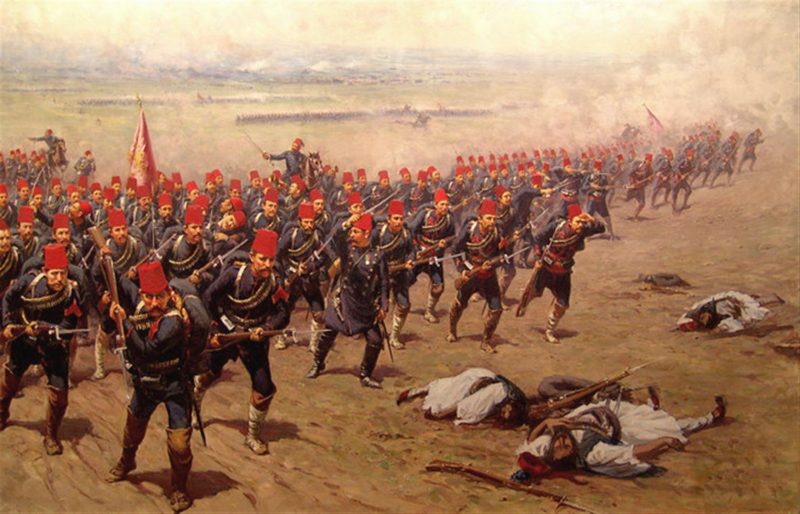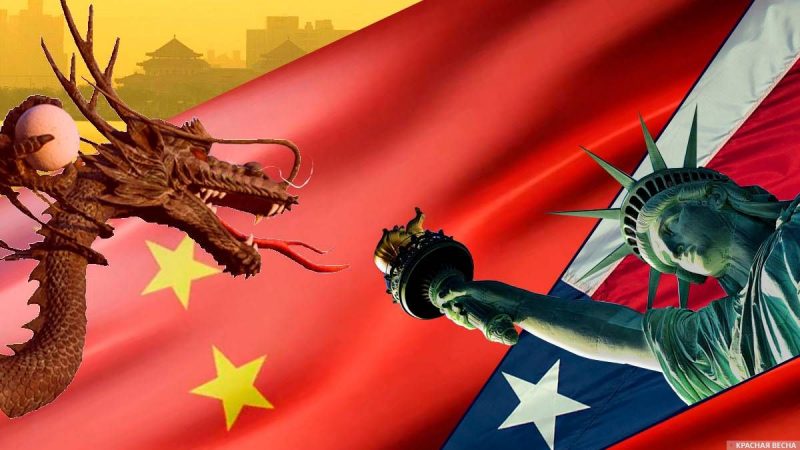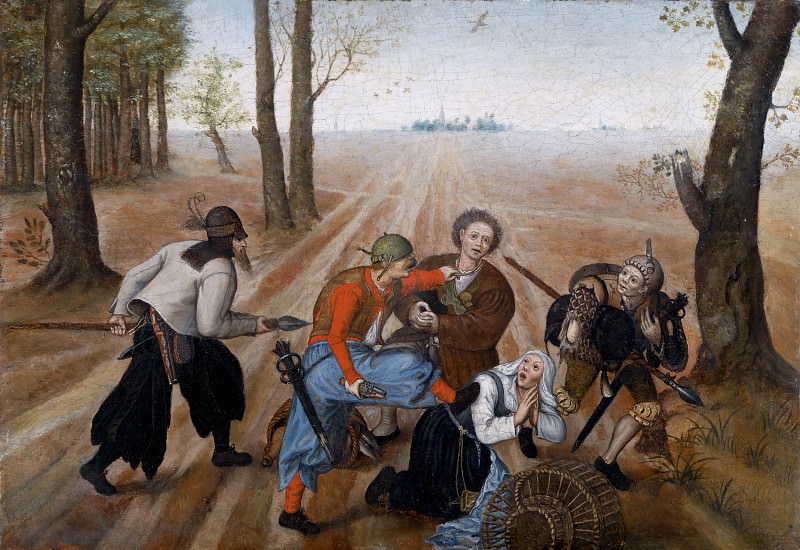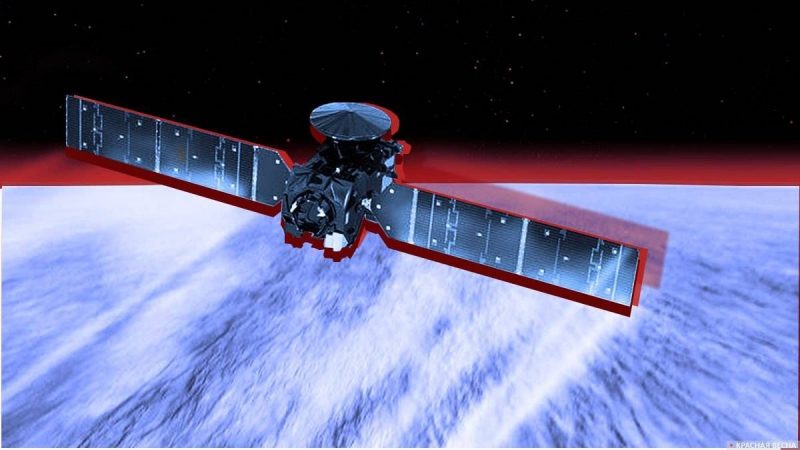08.01.2022, Moscow.
The crisis in Kazakhstan developed with lightning speed. At the very beginning of the year, mass protests erupted in the country, which turned into pogroms, attacks on law enforcement officers and street battles within a couple of days. The government and security services were dismissed, and a peacekeeping contingent from the Collective Security Treaty Organization (CSTO) was brought in.
Vladimir Avatkov, a political scientist, specialist in international and interethnic relations, senior fellow at the Center for Post-Soviet Studies of the Institute of World Economy and International Relations of the Russian Academy of Sciences (IMEMO), associate professor at the Diplomatic Academy of the Russian Foreign Ministry, explains what role Turkey has plaid in the past and what further steps of Ankara one should expect in light of its active policy in Central Asia and Kazakhstan, in a conversation with Rossa Primavera News Agency.
Rossa Primavera News Agency: What to consider as primary in the development of Kazakhstani crisis – external influence or internal contradictions?
Vladimir Avatkov: Negative internal processes and struggle of different clans have been going on in Kazakhstan for quite a long time.
Discontent was growing among Kazakhs about strengthening eulogy of the former leader of the republic Nursultan Nazarbayev. There were jokes about streets named after him, about monuments and renaming the capital among practically all strata of society. All this aroused rejection and humor in most of the citizens of Kazakhstan. In essence, the society was divided into those who call the capital the old way, or call it the new way.
This discontent was superimposed on the difficult socio-economic situation of the population, especially in Kazakhstan’s provinces.
Against such a backdrop various groups inspired from outside operated. Both Turkish and Arab groups. One can say that the West, Turkey, all sorts of Arab groups and China were actively trying to divide Kazakhstan.
Rossa Primavera News Agency: Is Turkey interested in drastically changing the situation in Kazakhstan? To what extent is Ankara capable of creating the situation, but not of dominating it?
Vladimir Avatkov: One cannot speak about unified Turkish influence. There were the so-called “Erdoganites” [forces controlled by Turkish President Recep Tayyip Erdoğan – Rossa Primavera News Agency’s comment], and the so-called “Gülenites” [supporters of preacher Fethullah Gülen, whose movement Hizmet was declared a terrorist organization by the Turkish authorities after the failed coup attempt on July 15, 2016 – Rossa Primavera News Agency’s comment].
They tried to divide among themselves both economic and political and, more recently, the military elite and law enforcement agencies of Kazakhstan. They sought to penetrate into the government systems and agencies in order to strengthen their own influence and to form lobbying groups that would promote their interests.
The attempts of Gülen’s and Erdoğan’s groups to work with various security agencies of Kazakhstan have become a recent trend.
Turkey today is capable of both creating different situations and dominating emerging opportunities. Ankara has for a long time invested many resources into the processes taking place in Kazakhstan, trying to pursue Turk-centric integration, where Turks are the main Turk, and everyone else should follow their logic.
But this time, Ankara did not have enough resources and time to realize the sufficiently ambitious tasks on influence on Kazakhstan.
Rossa Primavera News Agency: On your Telegram channel, you wrote that the weapons seized from the protesters were made in Turkey. “Soft power” is not the same as trained militants and weapons transfers.
Vladimir Avatkov: Obviously, the militants who carried out the terror on the streets of Kazakhstan have received special training. Both within the country and abroad. What has happened reminds me of the Syrian and Libyan situations to a certain extent. Taking into account that there were quite a lot of Kazakhs in both epicenters. And someone had to assist in transferring the militants from these countries to Kazakhstan.
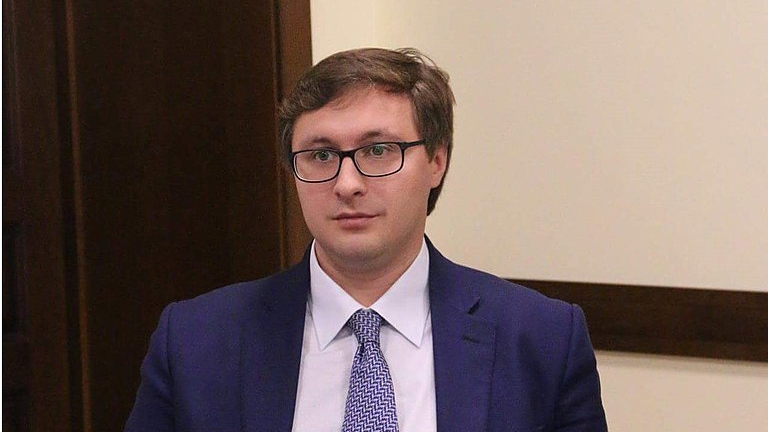
(сс) Victoria3489268 CC BY-SA 4.0
Rossa Primavera News Agency: What will be the reaction of Turkey after the deployment of the CSTO contingent? Will it be limited to diplomacy and rhetoric within the Organization of Turkic States (OTS), or can the stakes be raised?
Vladimir Avatkov: Obviously, Ankara was not interested both in the appointment of Moscow State Institute of International Relations graduate Kassym-Jomart Tokayev, who is actively cooperating with Russia and China, and in the current development of the situation – the deployment of a CSTO peacekeeping contingent.
It was a complete surprise for Ankara, the last thing they expected.
There is an active discussion in the Republic of Turkey about how and what to do in the current situation. Former Prime Minister Ahmet Davutoğlu spoke as part of this discussion and said that it was necessary to show the right kind of activity on the part of the OTS. In fact, he expressed the position that the deployment of the CSTO troops should not be allowed, that Kazakhstan should not have turned to the CSTO.
But all the others are silent, and they support the peace in Kazakhstan at the official level, limiting themselves to the most neutral statements. There is active analytical work in order to find the means to change the situation in their favor.
That is why an emergency meeting of the foreign ministers of the OTS countries is planned for January 11.
Turkey will continue to raise the stakes and work to create a Turkey-centric subsystem of international relations.
Source: Rossa Primavera News Agency

